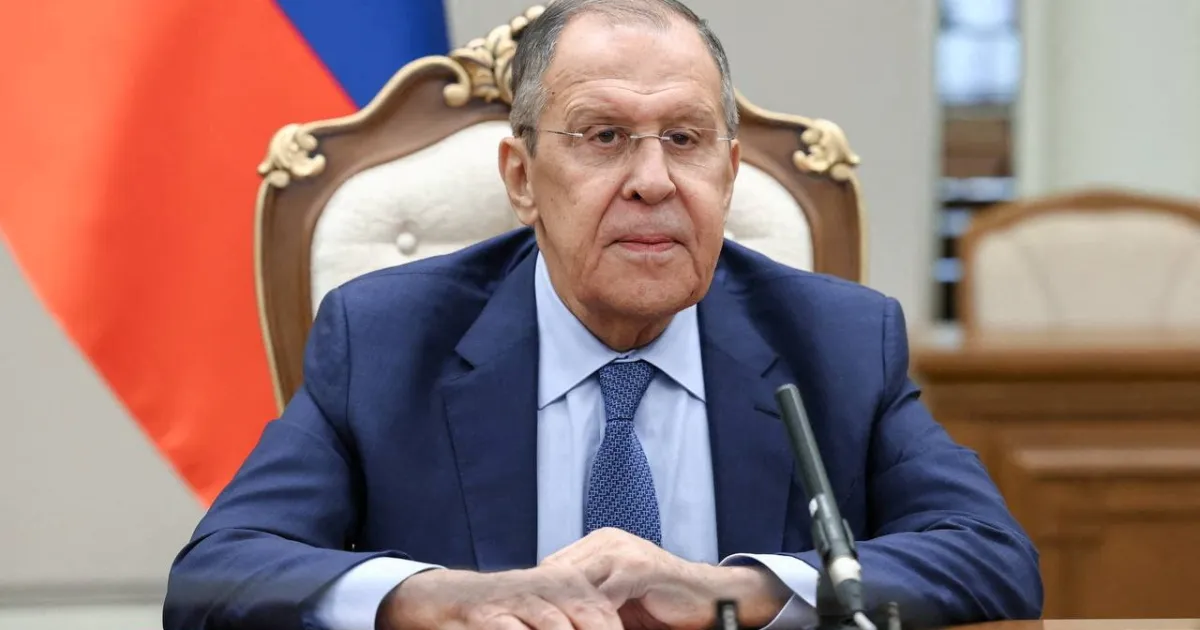Russian Foreign Minister Sergey Lavrov has criticized Israel’s use of the Hamas attack on October 7 as a justification for what he deems the collective punishment of the Palestinian people. Lavrov’s comments highlight concerns about the humanitarian impact of Israel’s response to the conflict and call for international monitoring on the ground in Gaza. The situation remains complex, with diplomatic tensions escalating and global leaders taking varying positions on the ongoing Gaza war.
Lavrov’s Stance:
In a statement on Sunday, Lavrov emphasized that the Hamas attack should not serve as a pretext for collective punishment against the Palestinian population. He called for international monitoring in Gaza to assess the situation on the ground, underlining the need for a nuanced and measured response to the conflict.
Israeli Military Push in Khan Younis:
As Lavrov made his remarks, Israeli tanks engaged in a significant push into the center of Khan Younis, a major city in the southern Gaza Strip. The military escalation underscores the intensity of the conflict and the challenges in finding a resolution that addresses the concerns of all parties involved.
Putin’s Perspective:
Russian President Vladimir Putin has consistently attributed the Israel-Hamas war to the failure of years of U.S. diplomacy in the Middle East. By positioning Russia as an important player with ties to major actors in the region, Putin aims to shape Russia’s role in mediating the conflict.
Israeli Response and Diplomatic Tensions:
Israeli Prime Minister Benjamin Netanyahu expressed dissatisfaction with Russia’s vote in favor of a UN Security Council resolution calling for a Gaza ceasefire. Netanyahu voiced his concerns directly to President Putin, emphasizing that any country facing a terrorist assault similar to Israel’s would have reacted with force.
Iranian Threats and Cyprus Incident:
In a separate development, Israel claimed to have assisted Cyprus in thwarting an Iranian-ordered attack against Israelis and Jews on the island. The Mossad intelligence service expressed concern about Iran’s alleged use of Turkish-controlled northern Cyprus for both terrorism objectives and as an operational and transit area. This incident further underscores the broader regional implications of the ongoing conflict.
International Response:
The United States vetoed a Security Council resolution on Friday that called for a ceasefire in the Gaza war. The differing positions among global leaders contribute to the complexity of finding a diplomatic solution to the crisis.
As tensions escalate in the Middle East, Lavrov’s condemnation of collective punishment and calls for international monitoring highlight the need for a comprehensive approach to address the humanitarian impact of the conflict. The ongoing diplomatic maneuvers and military developments underscore the complexity of finding a resolution that ensures the safety and well-being of all parties involved.















